Please tell us about yourself
Nationality: USA
Age: 30
Major: English
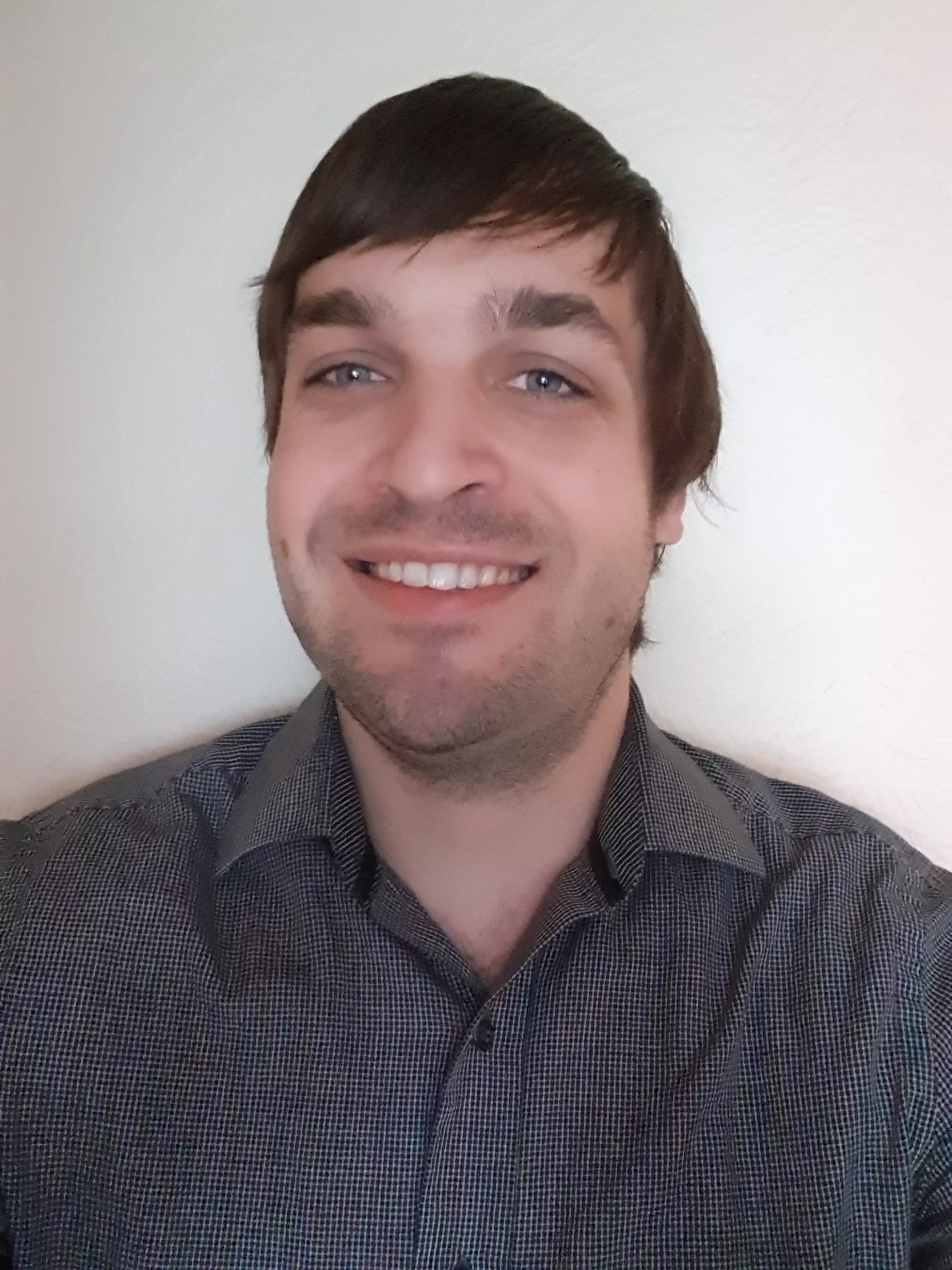
Name 3 words that describe your personality
Passionate about learning!
What made you come to decide to teach in Korea?
To travel and explore the world while pursuing a lifelong career in language education.
Do you speak Korean?
Not fluently, not conversationally, but functionally!
Please tell us how you prepared your teaching job
What program did you come through and why you decided the program?
I decided to work with POLY in Daejeon because it seemed like a well-known and reputable academy with a solid program and great benefits. Also, having lived and worked in Daejeon before, I knew I would be familiar with the area.
When did you apply and which month did you start to work?
I applied as late as January and started work by the end of February.
What did you need to apply for the program/school?
In addition to all the documents for the visa, the school needed letters of recommendation from my old job, as well as sealed university transcripts.
What’s the hardest part in your whole application process?
The hardest part was the cost in both postage and time spent compiling and mailing the documents required for the E2 visa.
How did your interview go? Do you have any tips?
The interview went well! At the time, the interviewer was having some issues with Skype, so we just had a phone call interview, but it was very easy for both of us to communicate about the program and expectations of new teachers. The interviewer was professional and friendly, and at no time did I feel nervous or pressured. By the end of the call, I was confident that the school would be a good fit for me, and that I would be hired.
Many people say that the point of a job interview is to “sell yourself”. I’ve never been good at this kind of marketing, but I’ve found the easiest way is to just *be* yourself. If you are honest about yourself as well as your expectations of a job, it’s more likely that you’ll find something that is suited to your own strengths, and it’s easier to be confident in your own abilities.
Was it easy for you to get your work Visa?
I wouldn’t say it was easy per se, but I’ve been through the process before, so I knew what to do. I recommend working with an experienced fingerprinting technician for the FBI background check so your results are guaranteed to be accepted. And I hope that, as had happened to me, that the person at the post office doesn’t mess up the postage on the way to the Korean consulate for the visa!
Name 3 essential and useful things to pack before your departure.
Actually, one thing I’ve discovered about travel, especially living and working in a different country, is that “things” aren’t essential. It’s more important to be resourceful and adaptable, so that you can learn to find what you need or use what is available in the place that you’re going.
In Korea, though, you need a face mask. N95+/KF94. Even before this COVID19 scare, the air pollution can be brutal.
Which city did you place? and what is it like?
I’m returning to Daejeon for my second year of teaching. Compared to Seoul or Busan, it’s technically a “medium” sized city, but it’s still very large and sprawling. It’s got a big-city feel and the ever-present 빨리빨리 Korean tempo of life, but it’s rarely as crowded or congested as some larger cities: altogether an easier, more livable place to be.
Describe 3 favourite parts in your city.
First, Daejeon is a central transportation hub in Korea, so it’s very easy to take a weekend trip to Seoul, Busan, or anywhere in between. My first year, I was able to visit nearly every corner of this country, often making plans at the last minute!
Daejeon also has some beautiful and relaxing green spaces. The river that cuts through the middle of the city is flanked by parks on both sides down its length – great for a refreshing walk or jog, or just to take the scenic route to the other side of town! I also now live very close to a large and wonderful park with an arboretum, for when I want to feel like I’m not in a sea of concrete, metal, and glass. Additionally, just outside of Daejeon is sacred mountain Gyeryongsan, full of excellent vistas and Buddhist tradition. It’s not the easiest climb for beginners, but it’s entirely doable and well worth the effort.
Finally, the people in Daejeon are generally friendly and welcoming. Aside from a disgruntled taxi driver here and there, I’ve never had any issues dealing with the locals, and I’ve never felt like a stranger or an outsider. There’s also a good number of other expats here – many other teachers, and several people who come from abroad and have decided to make Daejeon their home.
What are your monthly expenses?
Housing Utility Fee: Unsure, probably ~100,000KRW
Transportation: >40,000KRW
Phone: 20,000KRW
Internet : 30,000KRW
Living expenses: ~300,000KRW
Tips for newbie Teachers
Useful teaching sources (website/blog/video/facebook/etc)
If you’re teaching younger children who get bored easily, language learning can’t be all hard work! My kids loved the games at https://www.eslgamesplus.com/fun-games/
Useful living sources (website/blog/video/facebook/etc)
Waygook is a community for and by ESL teachers living in Korea
https://www.waygook.org/
Any advice?
First, stay positive. After the honeymoon enchantment period ends, there will come a time of blowback. Korea can be a wonderful place, but it can also be oppressive and depressing at times. Homesickness will hit too. Still, once you get through this phase, you’ll find yourself adapting, and each day will become easier, more comfortable, and more enjoyable. Having a positive mindset is key.
Second, be open to trying new things. Korea is full of enriching experiences and absolutely fabulous food, but some of it can seem strange or even gross at first. Be open to trying everything at least once. You never know what you’ll learn to love.
Last, you should try to learn the language. King Sejong the Great specifically designed the Hangeul writing system to be easy, and with resources like Duolingo, it’s not too difficult to learn inside of a week or two. This will aid immensely in navigating your day-to-day. Learn a few basic phrases: you’d be surprised how much of daily life is just 안녕하세요, 이거 주세요, 그게 어디예요, 감사합니다. Koreans will greatly appreciate that you’re making an effort to adapt to their language and culture.
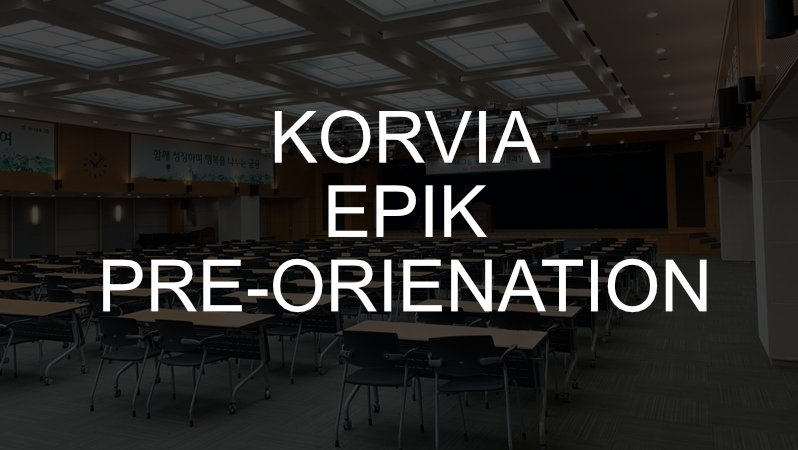
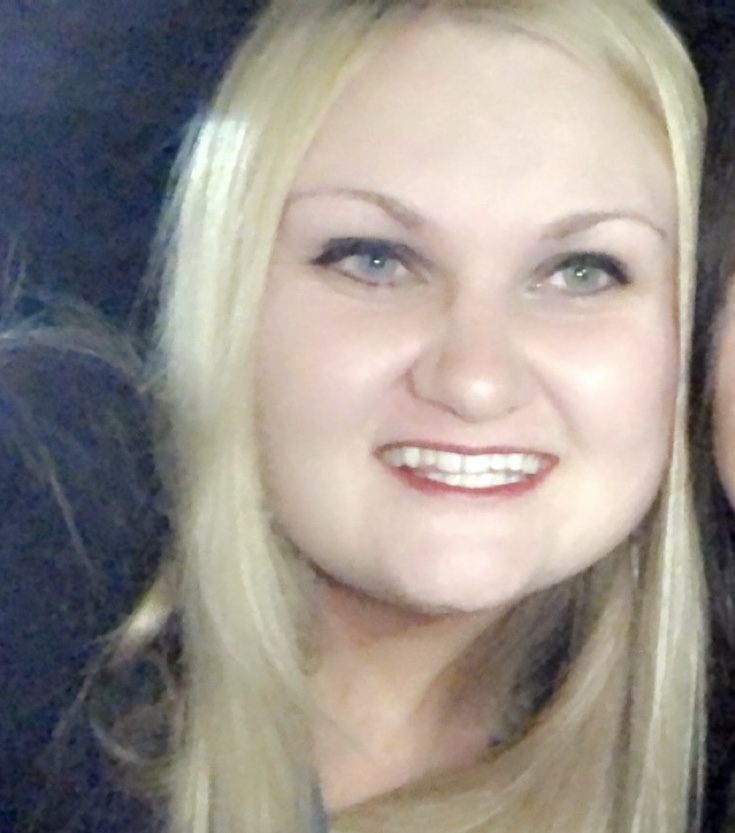
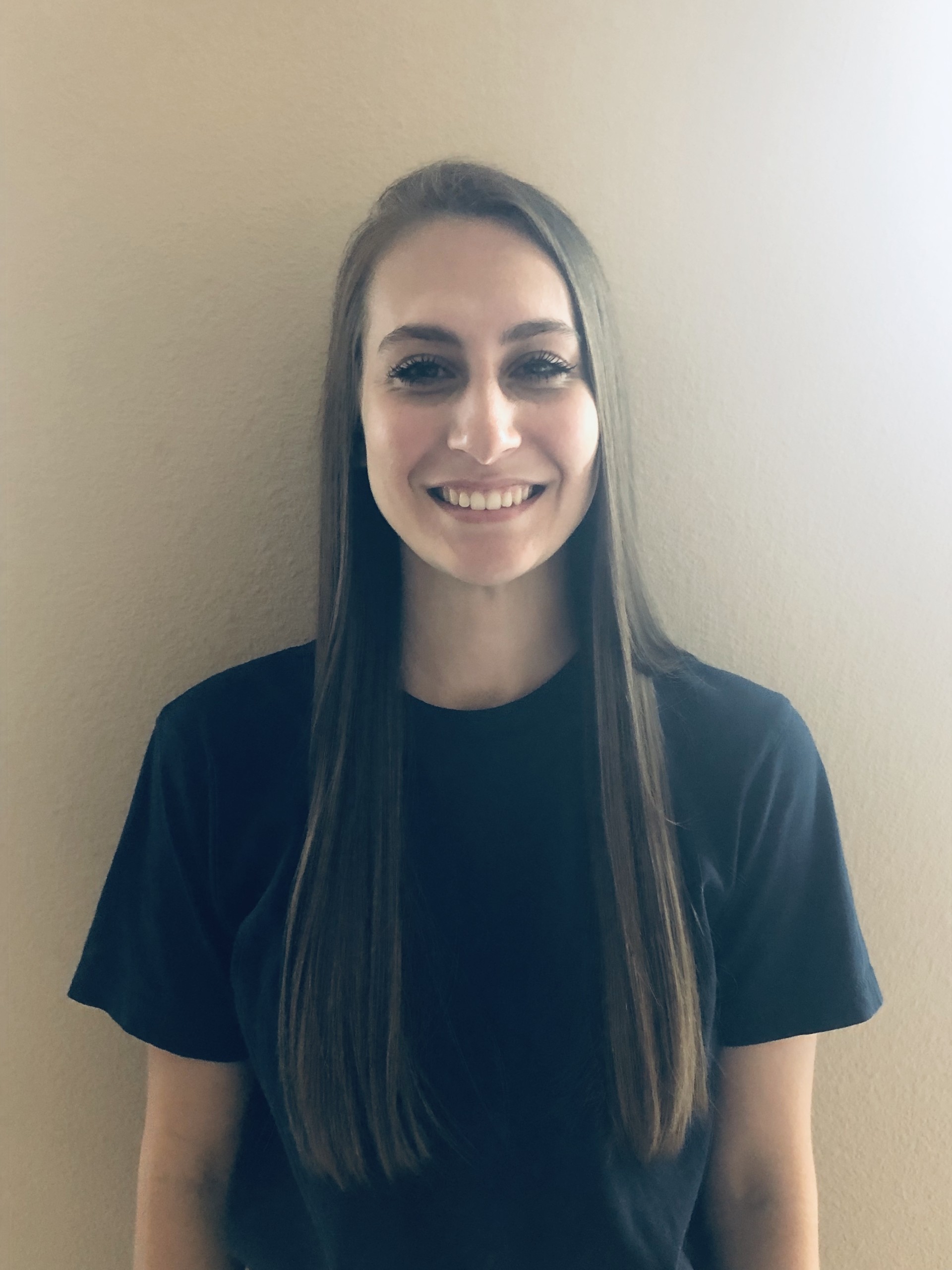
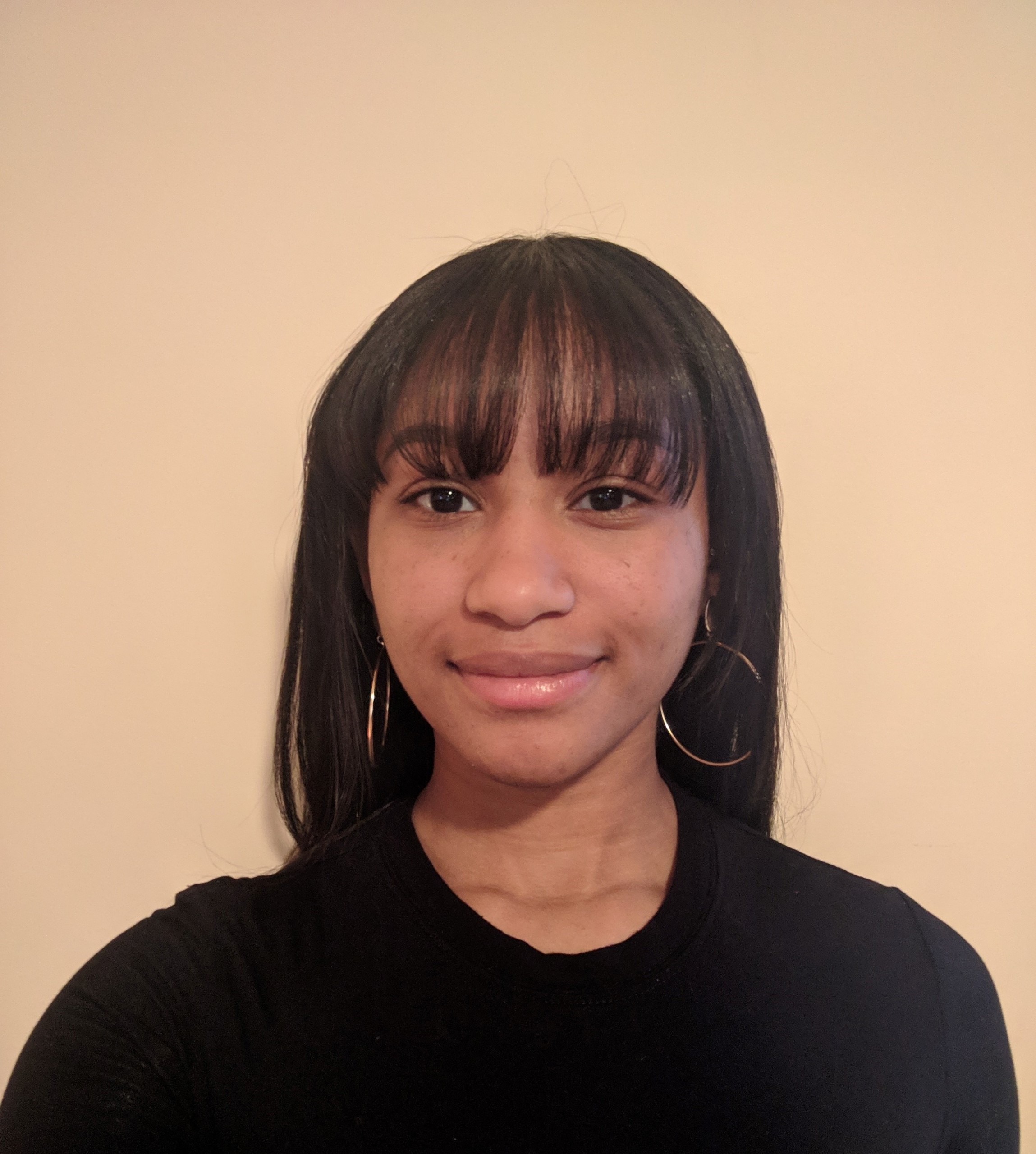
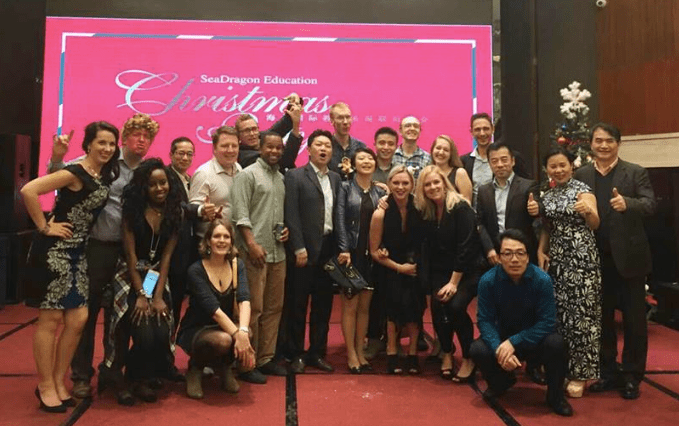
Leave A Comment